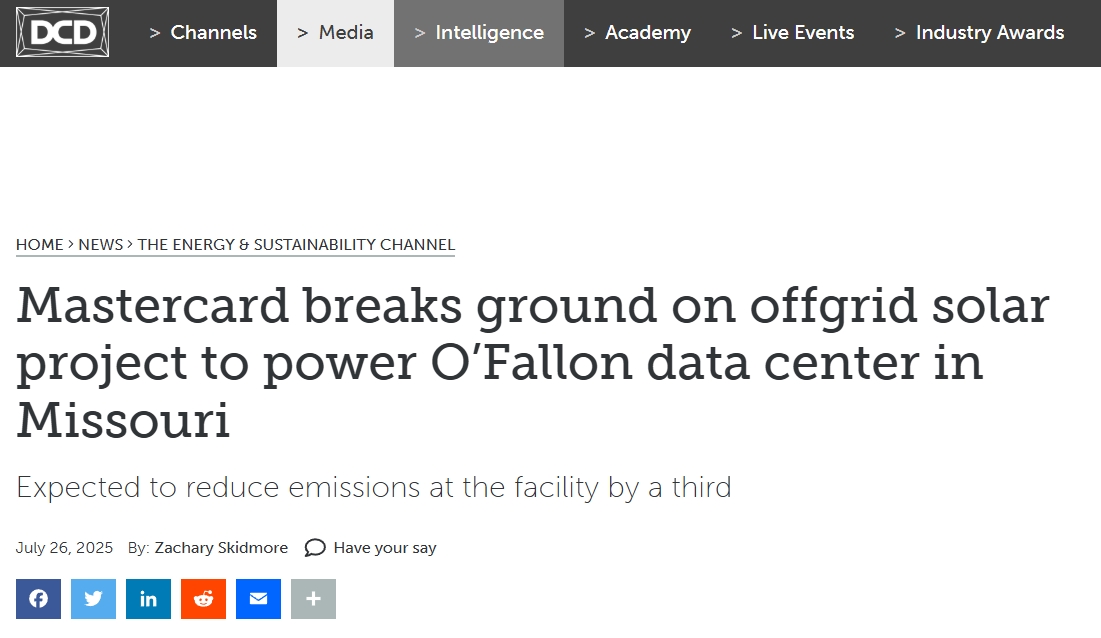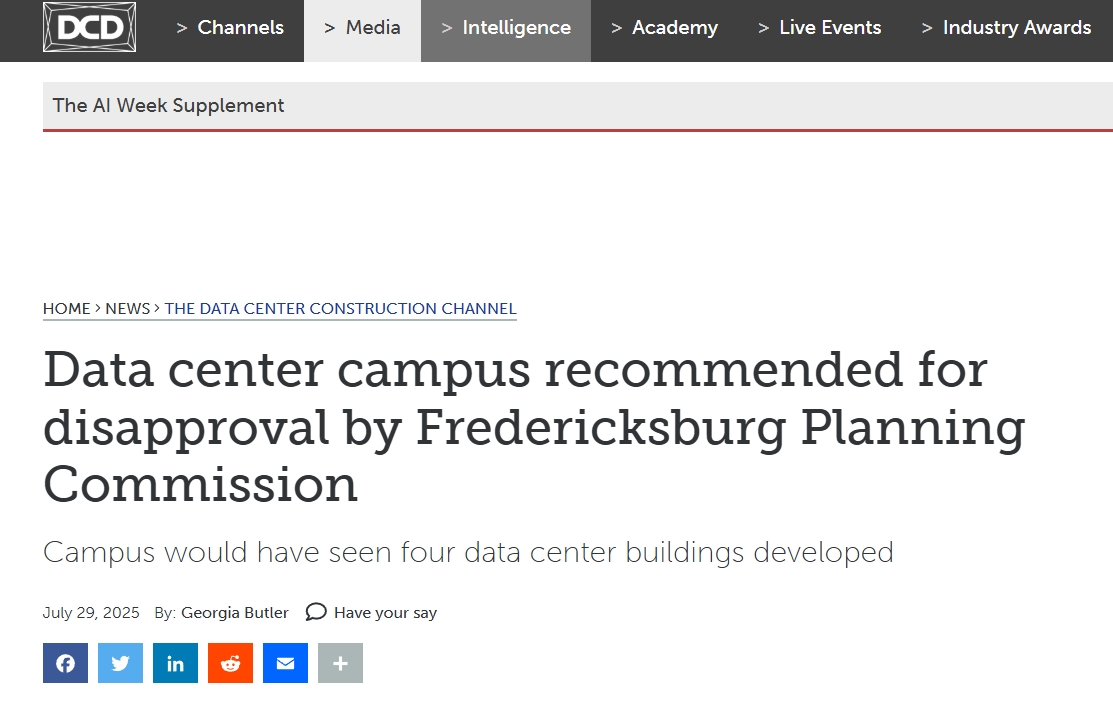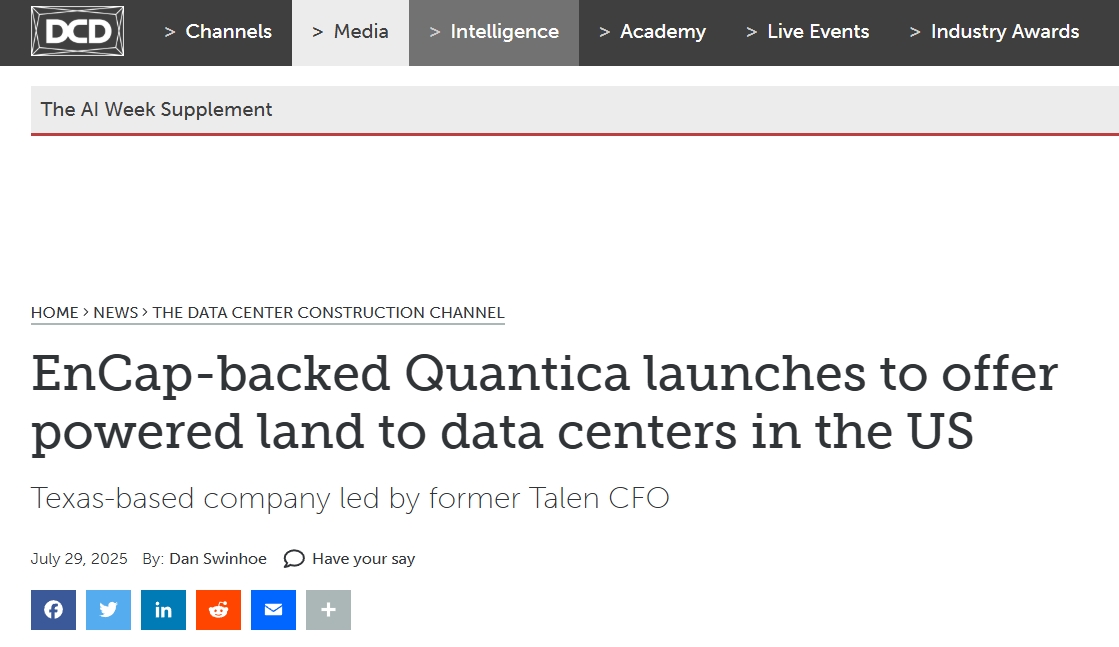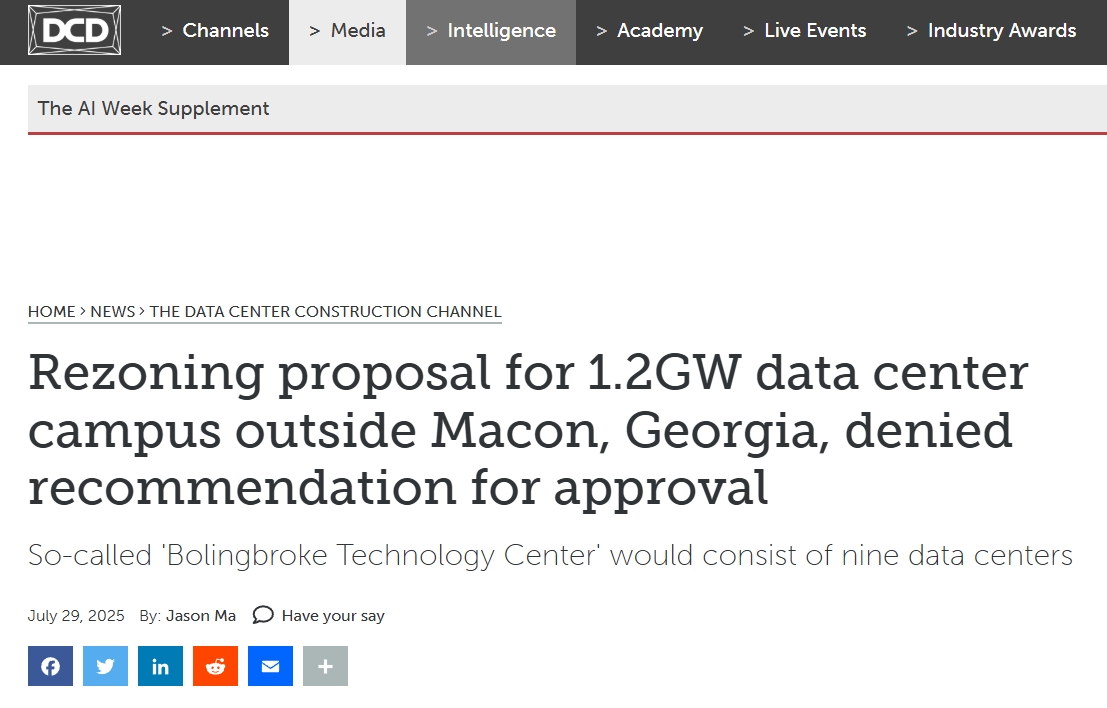Expected to reduce emissions at the facility by a third
Payment services company Mastercard has broken ground on a solar project, which is set to supply power to its Tech Hub data center in O’Fallon, St. Louis, Missouri.
The array is being constructed on a 40-acre site acquired adjacent to the data center. The facility is the company’s largest in the US market, and represents more than one-third of the company’s annual energy consumption.
The capacity of the solar farm was not disclosed; however, it is expected to reduce around one-third of the emissions from the facility.
In a LinkedIn post, Ellen Jackowski, chief sustainability officer and EVP at Mastercard, stated: “This renewable energy generation will allow Mastercard to be more efficient in its energy usage, more resilient in the face of extreme weather events, and better neighbors in our community by reducing our own demand on the local grid.”
Around ten percent of the data center's energy needs are already met by onsite solar, however, the company is committed to using 100 percent renewable energy to power the site, and also plans to reach net zero emissions across its operations by 2040.
The system will deliver power directly to the facility via a private wire. The project is expected to be completed and connected to the facility before 2027.
The data center currently relies on the grid for its power, which in Missouri is heavily weighted towards coal-fired power. At present, around 60 percent of the grid's power comes from coal.
Mastercard has made significant progress in decarbonizing its emissions over recent years. In its recently released sustainability report, the company reported that it had decreased Scope 1, 2, and 3 emissions by seven percent year-on-year, while experiencing 12 percent growth in net revenue. Since 2019, the company has sourced 100 percent of its global power needs from renewable energy sources.
The company also invested in a geothermal system at its Purchase, New York headquarters that will be used to heat and cool the building. The company is currently drilling 160 holes, 600-feet-deep on the front lawn of its headquarters, which will then connect to a heating and cooling system. The project will work by siphoning heat from the building during the summer months and storing it, subsequently pumping it back into the building during the winter.
Commenting on the rationale behind both projects, Jackowski said that “they make sense for those areas.” Jackowski went on to say the company had been finding it difficult to source renewable energy for the Tech Hub before it found land nearby that was up for sale.








